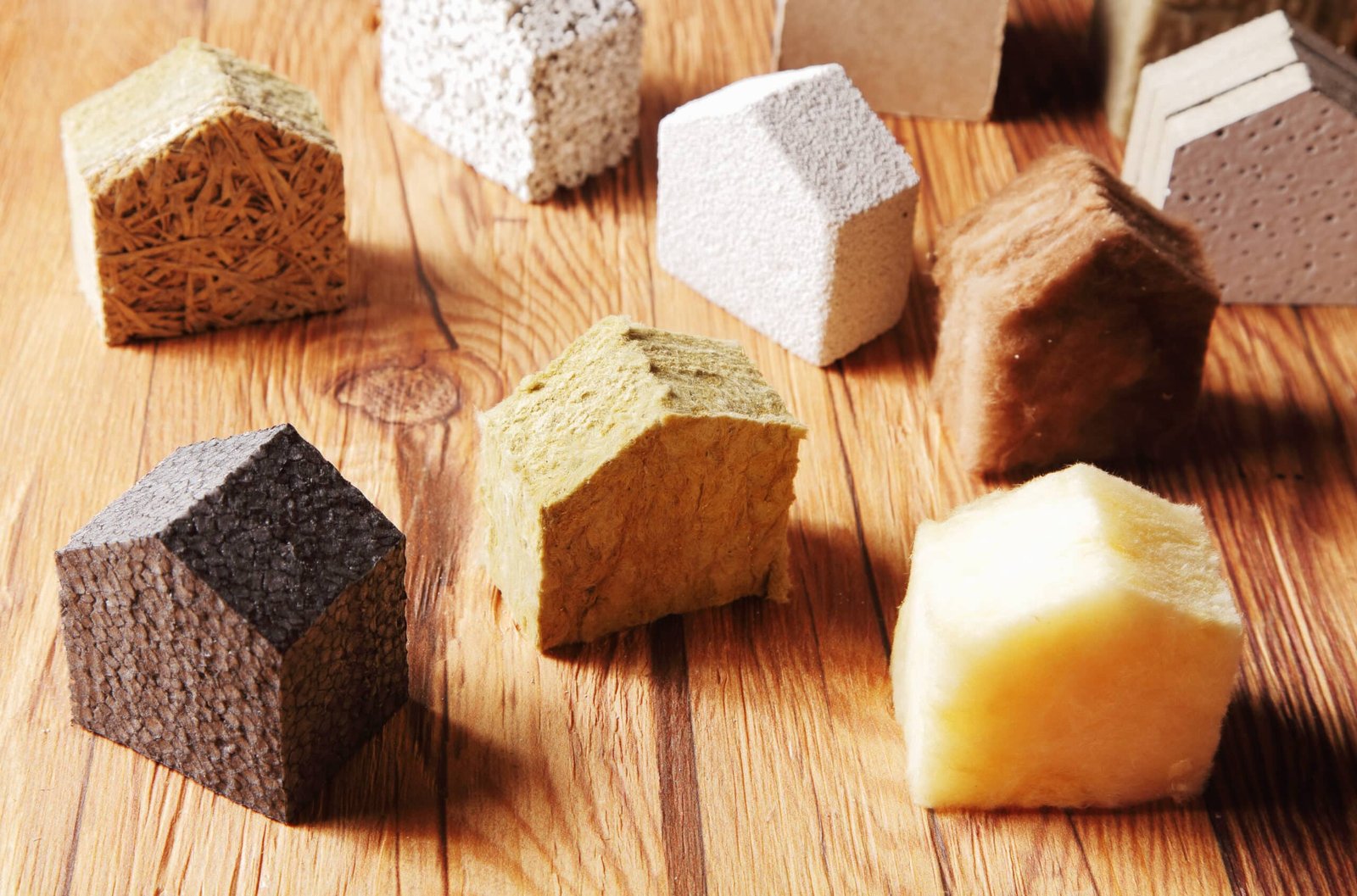
Choosing The Right Insulation Materials For Your Basement Renovation
Are you planning to do a basement renovation in your home soon? When renovating your basement, you need to make the right choice when it comes to the insulation materials that you’re going to use.
To help you pick the most appropriate insulation material for your basement, keep on reading the points below.
Table of Contents
ToggleBasement Insulation 101
You ought to know a thing or two about basement insulation. You can visit the website or check out the following paragraphs.
Your home’s basement plays a key role in helping properly regulate your at-home temperatures. Basement insulation, if done right, will help you keep you and your loved ones warm during the coldest winter days and cool and comfortable during summer. This reduces the power you need to use to run your home’s heating, ventilation, and air conditioning (HVAC) system to achieve a conducive living space.
Further, a well-ventilated basement is less prone to experience mold growth, which can cause damage to your basement and its foundation, as well as pose a serious hazard to your and your family’s wellbeing.
Basement insulation is carried out on various parts, from the ceilings to the walls. When doing basement renovation and insulation works, it’s best that you work with a contractor who has experience in successfully carrying out such home improvement projects.
Basement Insulation Materials You Can Work With
There are many types of basement insulation materials that are available that you can pick from when doing basement renovation work. They include the following:
- Basement foam board insulation: Basement foam board insulation is a rigid type of insulation material that can be used on any part of your home’s basement area. It creates an air barrier that’s helpful with insulation. This material is known to be low-maintenance, sturdy, and water-repellant. Basement foam board needs to be installed properly to avoid any issues such as air leakage from occurring.
- Basement fiberglass insulation: Basement fiberglass insulation is an insulation material that’s primarily made of plastic that’s infused with very small glass fibers. It’s a traditional insulation material and can be found in most homes around the country. Among basement fiberglass’ pros is that it’s cheap and easy to install. On the other side of the coin, the material is prone to mold growth due to its lower humidity control power.
- Spray foam basement insulation: Spray foam basement insulation is a residential insulation method that’s recommended for use on basement cavities and other hard-to-reach areas to ensure maximum coverage. It can be expensive, but spray foam basement insulation is great with mold accumulation and humidity control.
- Mineral wool basement insulation: Mineral wool basement insulation is an eco-friendly basement insulation material – most manufacturers make theirs with a third of recycled materials. Home contractors typically use it as an alternative for fiberglass insulation materials because of its fire retardant property.
- Cellulose insulation material for basements: Cellulose insulation material is another planet-friendly insulation material you can look into for your basement renovation needs. The material is chiefly made of plants, recycled cardboard, reused paper materials, and the like. Cellulose insulation is easy to install, very affordable and accessible, and can be generally used in most areas in your basement.

Picking The Right Insulation Materials For Your Basement Renovation 101
Don’t make the process of picking the best insulation material for your basement full of roadblocks. Make things easier for you by keeping in mind the following considerations:
- Take Note Of The Insulation Material’s R-Value
An insulation material’s ability is measured on a scale called the R-value. When it comes to basement insulation materials, experts believe that the higher the chosen material’s R-value, the better it is at handling the flow of heat. This means that an insulation material with a higher R-value is better at keeping your basement cool in the summer and toasty during the winter.
Consult with a contractor to help you pick the best insulation material with an R-value that meets your basement insulation needs.
- Keep In Mind Your Renovation Budget
Insulation materials come in a range of price points. Fiberglass reigns as the most affordable option, while spray foam sits at the pricier end, with rigid foam falling somewhere in between. Remember, though, that a higher upfront cost can translate to long-term savings in energy bills.
Invest wisely, and your wallet will thank you later, as well as allow you to spend some of the money that you’ve saved on other basement renovation expenses.
- Keep Your Basement As Damp-Free As Much As Possible
Basements tend to attract moisture, which later on causes mold growth that can negatively impact your loved ones’ health and damage your basement’s structural integrity. So, choosing insulation that repels any form of moisture is very important. Opt for materials like closed-cell spray foam or rigid polystyrene foam, which form an impenetrable barrier on your basement’s surfaces.
- Your And Your Loved Ones’ Safety Should Always Be A Top Priority
Basements are often used for storage, so fire safety is paramount. Choose insulation materials with inherent fire-resistant properties, such as closed-cell spray foam or mineral wool. These materials can slow the spread of flames, buying you precious time in case of a fire-related emergency.
- Go For Planet-Friendly Alternatives
In today’s environmentally conscious world, picking sustainable materials is a must. Look for insulation options made from recycled content or rapidly renewable resources, such as cellulose or mineral wool. Opting for formaldehyde-free materials contributes to a healthier indoor environment as well, ensuring your basement becomes a haven not just for you, but for the planet too.
Conclusion
There are various basement insulation materials available in the market. And because of that, picking which best fits your insulation needs and helps with your basement renovation can be difficult. Worry not. This post aims to help you out. Keep in mind the points above, and you’re all set and ready to go.





